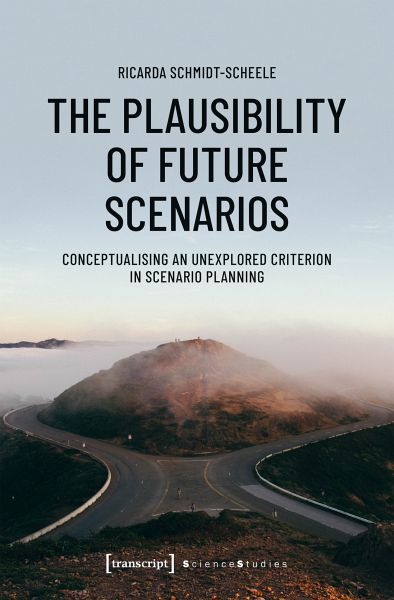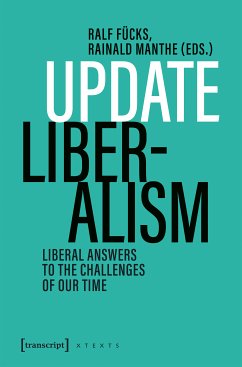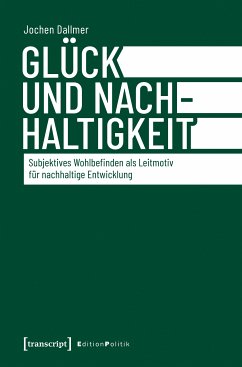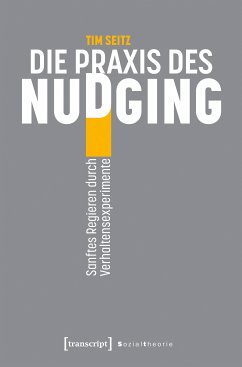
The Plausibility of Future Scenarios (eBook, PDF)
Conceptualising an Unexplored Criterion in Scenario Planning
Versandkostenfrei!
Sofort per Download lieferbar
46,99 €
inkl. MwSt.
Weitere Ausgaben:

PAYBACK Punkte
0 °P sammeln!
What does plausibility mean in relation to scenario planning and how do users of scenarios assess it? Despite the concept's ubiquity, its epistemological and empirical foundations remain unexplored in previous research. Ricarda Schmidt-Scheele offers an interdisciplinary perspective: she presents approaches from philosophy of sciences, cognitive psychology, narrative theory and linguistics, and tests key hypotheses in an experimental study. A conceptual map lays out indicators for scenario plausibility and explains how assessments vary across scenario methods. This helps researchers and practi...
What does plausibility mean in relation to scenario planning and how do users of scenarios assess it? Despite the concept's ubiquity, its epistemological and empirical foundations remain unexplored in previous research. Ricarda Schmidt-Scheele offers an interdisciplinary perspective: she presents approaches from philosophy of sciences, cognitive psychology, narrative theory and linguistics, and tests key hypotheses in an experimental study. A conceptual map lays out indicators for scenario plausibility and explains how assessments vary across scenario methods. This helps researchers and practitioners to better understand the implications of their methodological choices in scenario development.
Dieser Download kann aus rechtlichen Gründen nur mit Rechnungsadresse in A, B, BG, CY, CZ, D, DK, EW, E, FIN, F, GR, HR, H, IRL, I, LT, L, LR, M, NL, PL, P, R, S, SLO, SK ausgeliefert werden.













